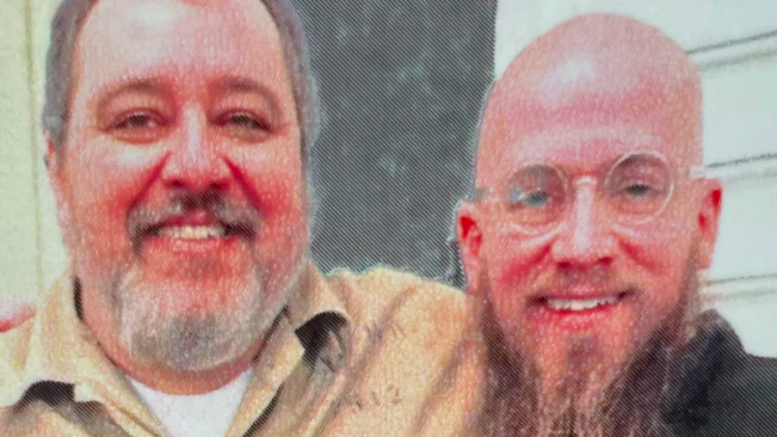Alabama witnessed the execution of Kenneth Smith on Thursday night, marking the first instance of a death row inmate being put to death by nitrogen gas in the United States. This new method has raised concerns among experts, who fear it could result in excessive pain or even torture. Smith had previously survived an attempted execution by lethal injection in 2022. Despite a last-minute appeal to the US Supreme Court to halt the execution, Smith was pronounced dead at 8:25 p.m. local time.
During the execution, Smith made a lengthy statement, expressing his belief that Alabama’s actions were regressive for humanity. Witnesses reported that Smith appeared conscious for several minutes, followed by shaking and writhing on the gurney. Officials explained the movements as expected side effects of nitrogen hypoxia, with Commissioner John Hamm stating that Smith seemed to be holding his breath and struggling against his restraints.
Smith’s spiritual adviser, Rev. Jeff Hood, described the execution in more graphic terms, calling it “the most horrible thing” he had ever seen. Despite the concerns raised by witnesses, one of the victim’s sons, Mike Sennett, stated that Smith’s death brought justice for his mother, Elizabeth Sennett. The Sennett brothers expressed forgiveness but emphasized the importance of remembering their mother as a loving and caring woman.
Smith’s legal team, in a statement, expressed deep sadness over his death, highlighting his transformation during incarceration. The team mentioned Smith’s sincere practice of faith, sobriety, and efforts to help fellow inmates achieve sobriety. However, details about the execution method, nitrogen hypoxia, remain shrouded in secrecy due to redactions in the state’s published protocol. The state believes it to be a humane method, while critics, including Smith and his team, remain skeptical.
Before his execution, Smith had a final meal of steak, hashbrowns, and eggs. The use of nitrogen for executions is approved in only three states – Alabama, Oklahoma, and Mississippi. The US Supreme Court had previously rejected Smith’s appeal, asserting that a second execution attempt would not violate the Constitution’s prohibition against cruel and unusual punishment. Despite concerns about the novel nature of nitrogen gas execution, Alabama proceeded with the method.
Bryan Stevenson, the founder of the Equal Justice Initiative, argued that Smith’s life should have been spared based on the state’s previous failed attempt to execute him. Smith’s case involved a convoluted history, including a jury voting 11-1 for a life sentence, which was overridden by the judge, leading to the death penalty. The concerns surrounding the competency of the state in carrying out executions persisted throughout the legal proceedings.

